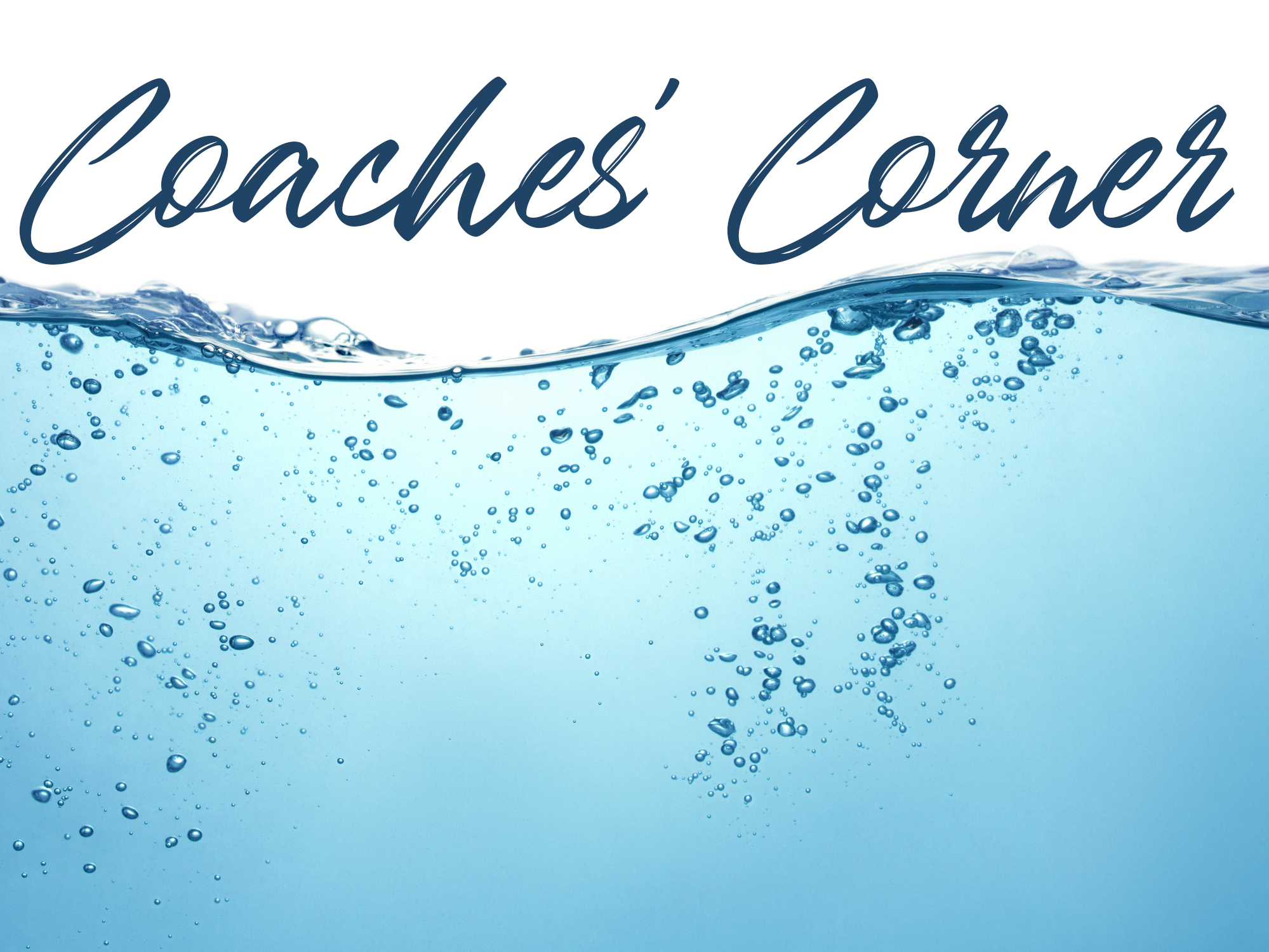Focused Attention, Expanded Awareness: Mindfulness practice to improve attention flexibility in performance
"Focused attention" involves sustaining attention moment by moment on a chosen object or task. This is the most common type of mindfulness practice. This sort of attention can be honed through simple practices. For example, taking 5 minutes to observe the details of an…








